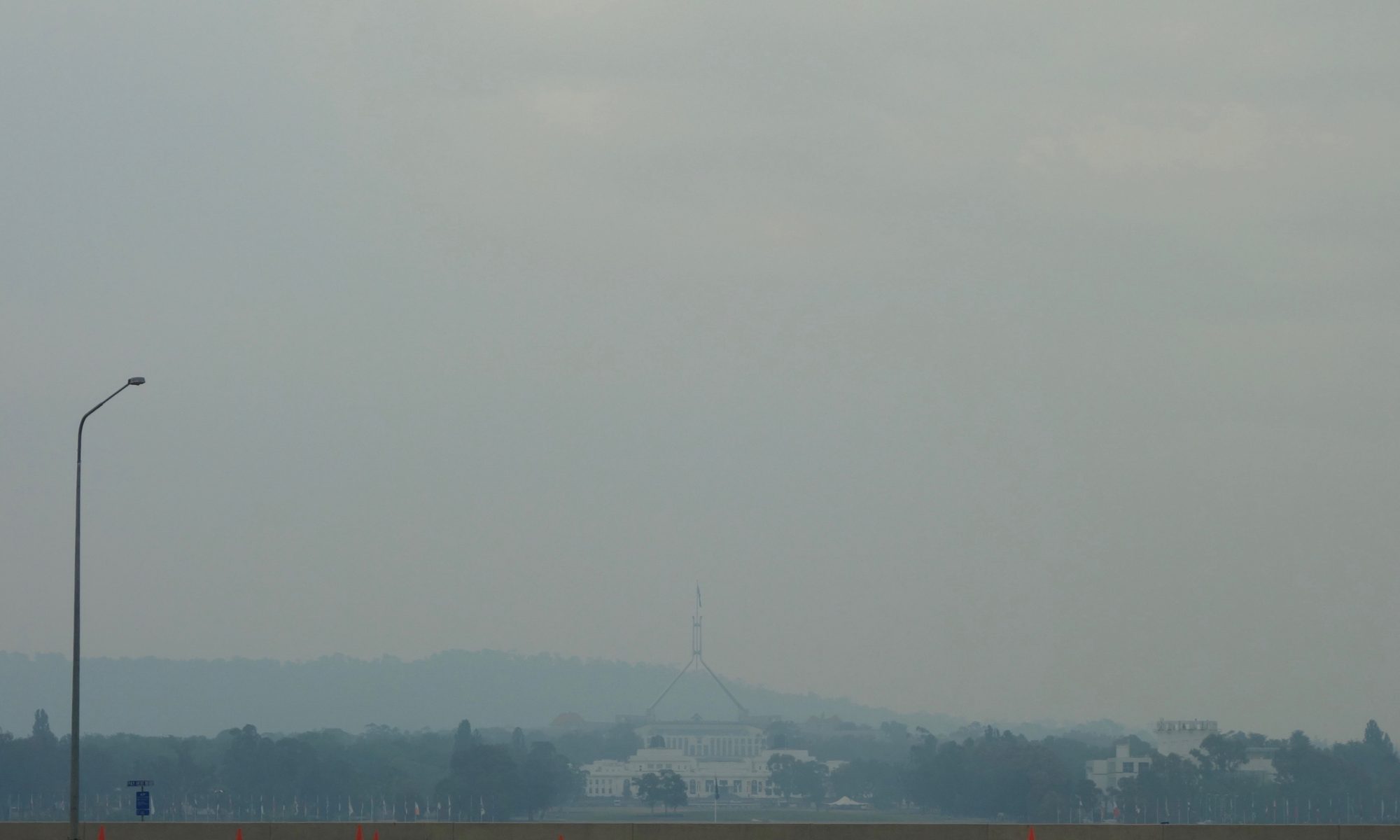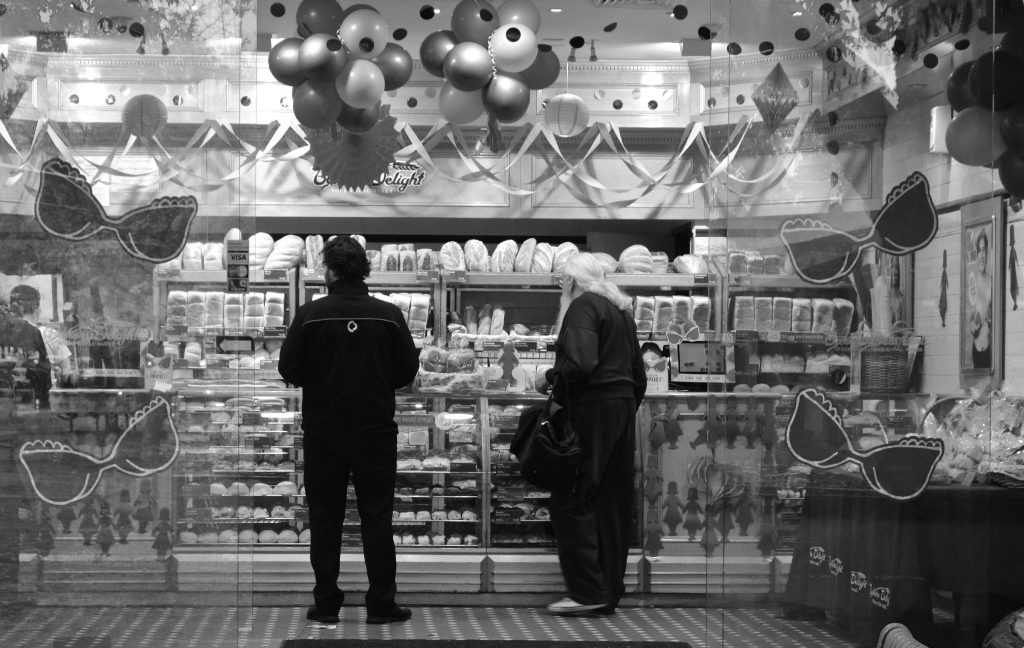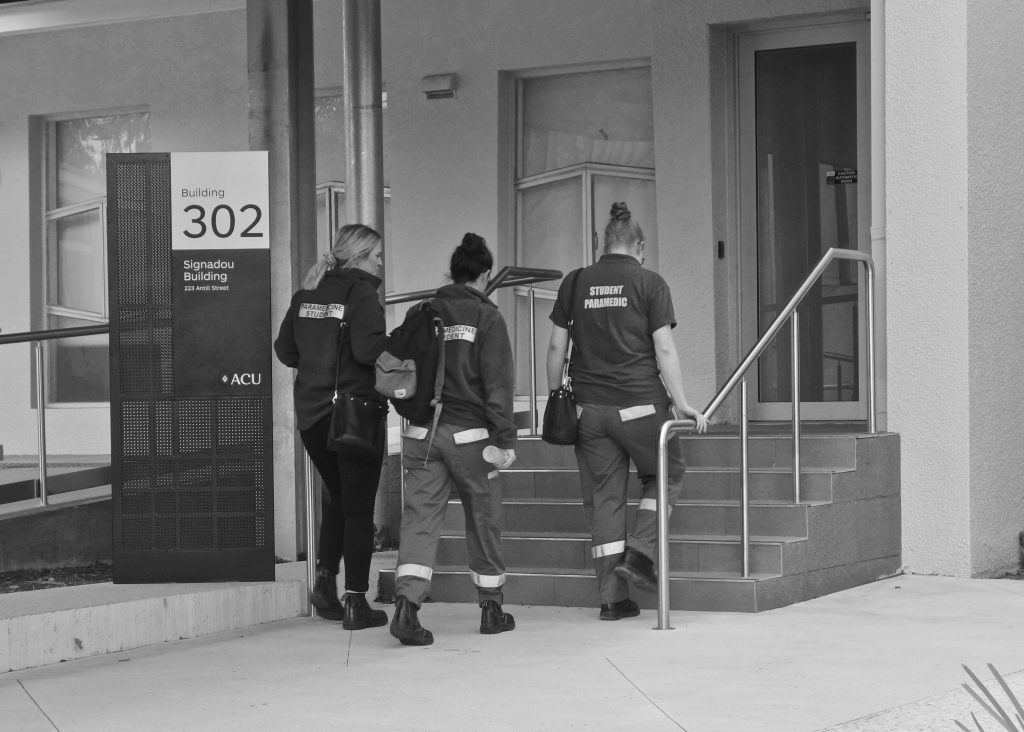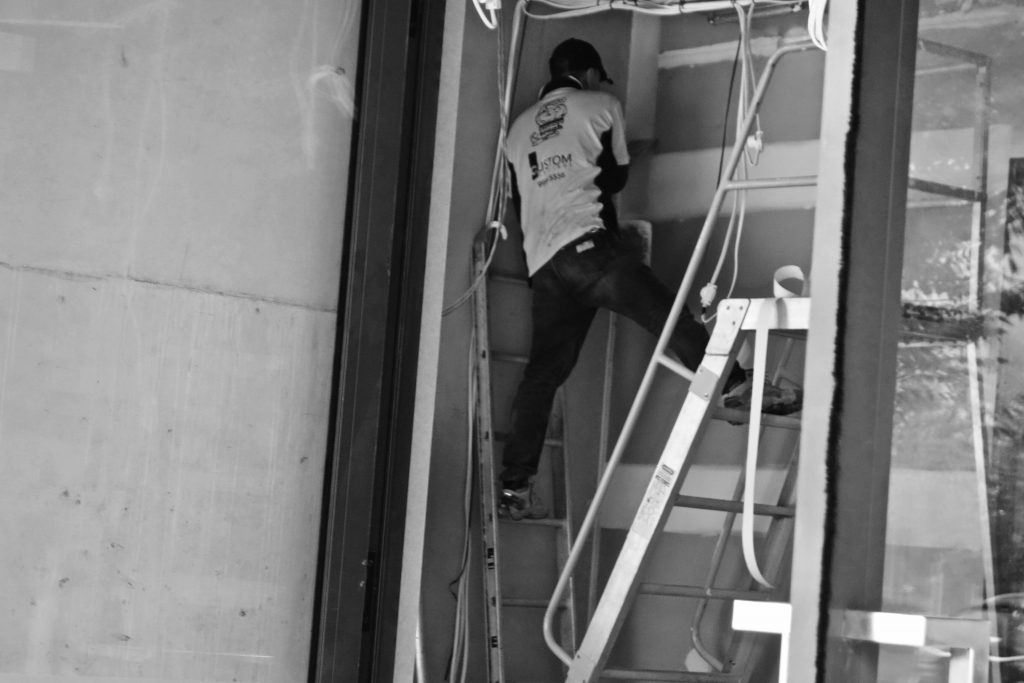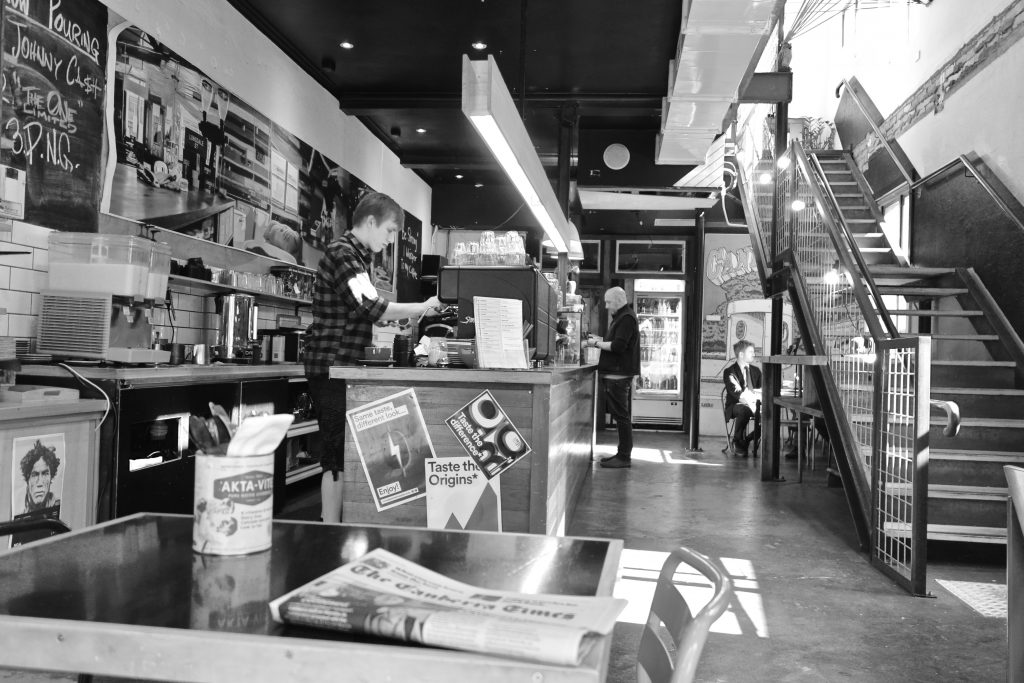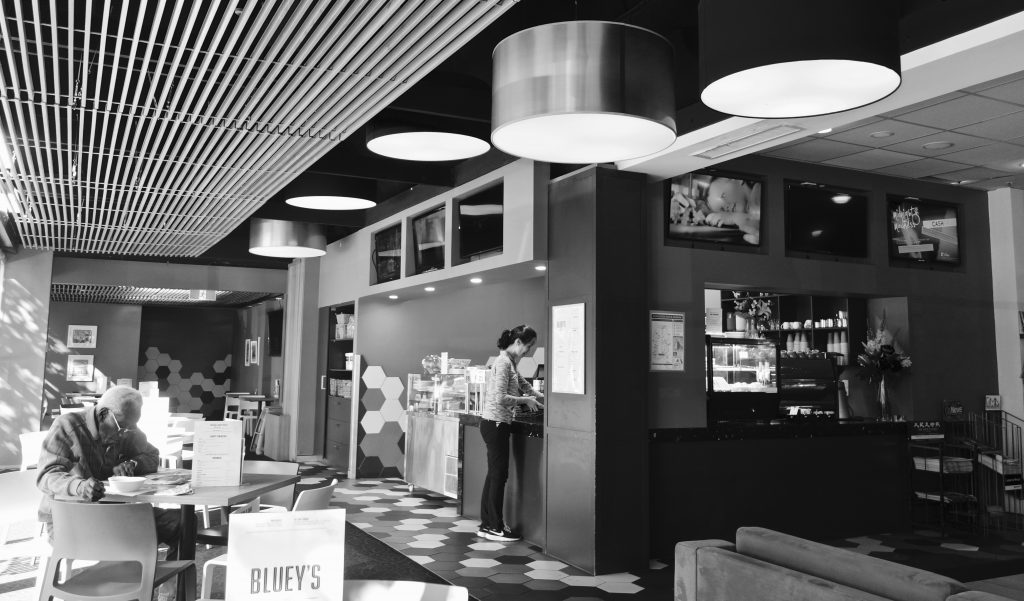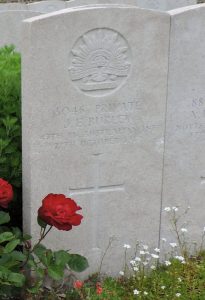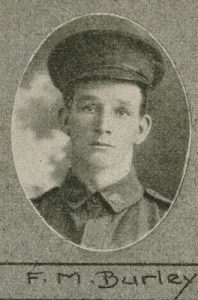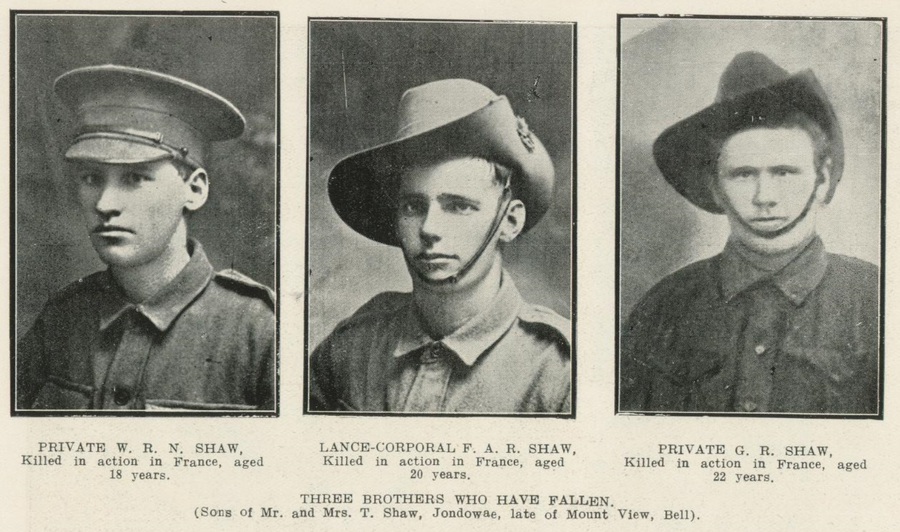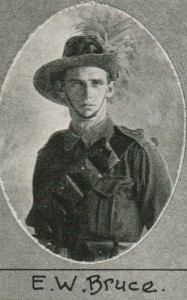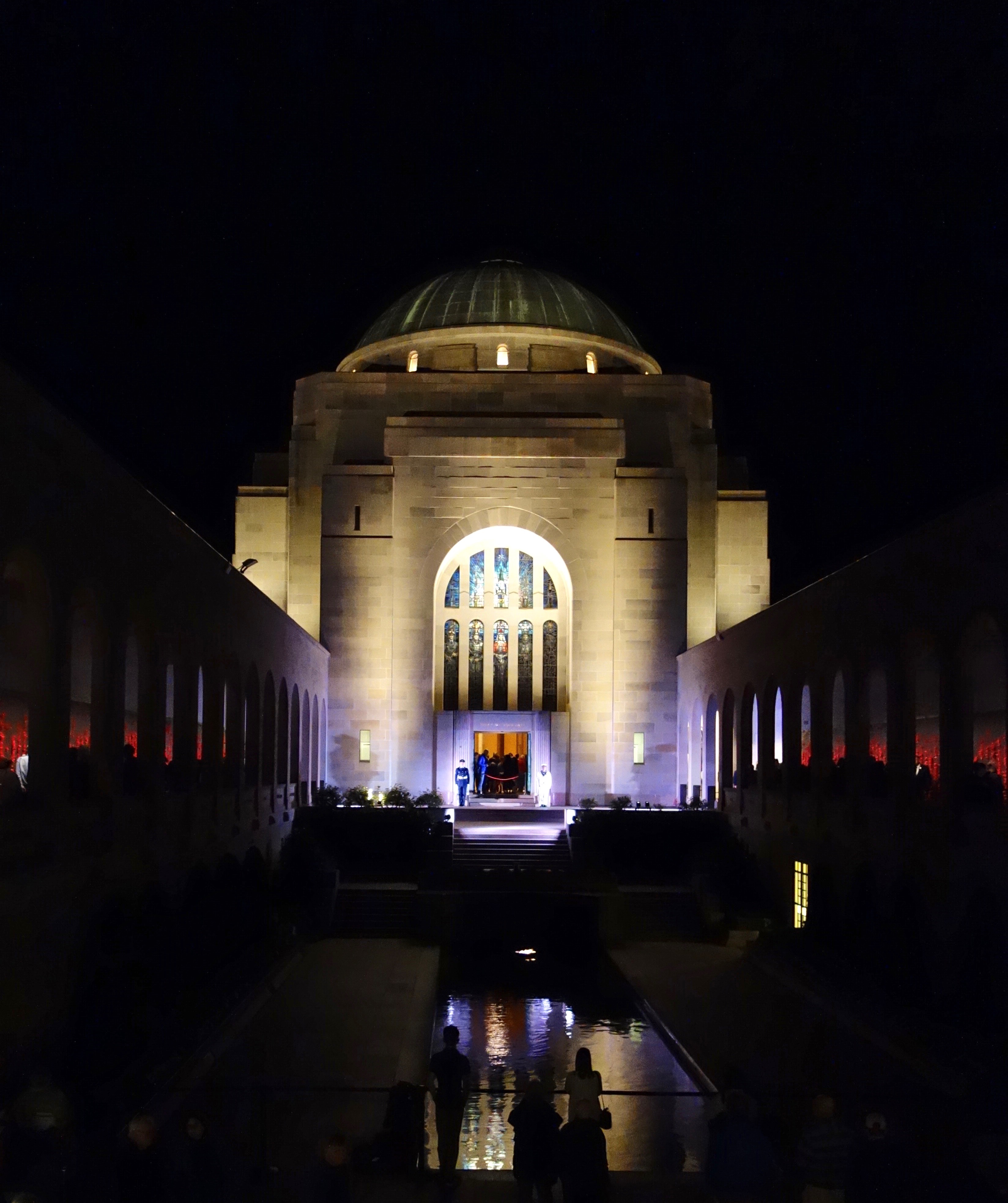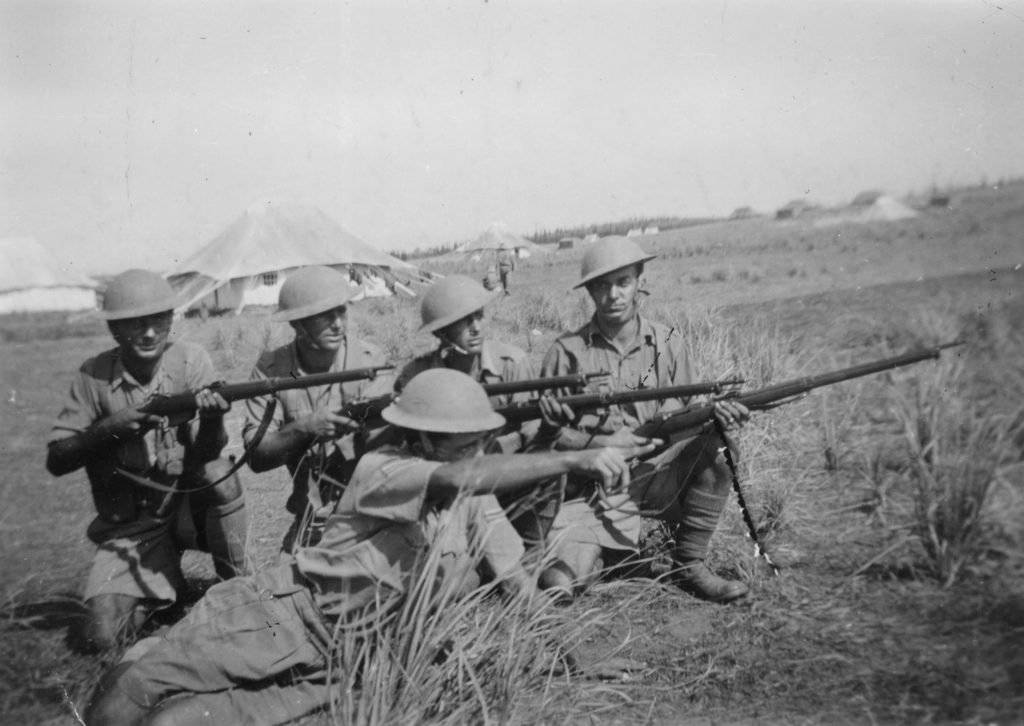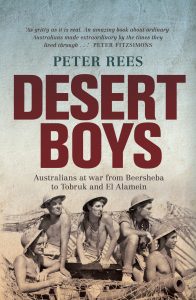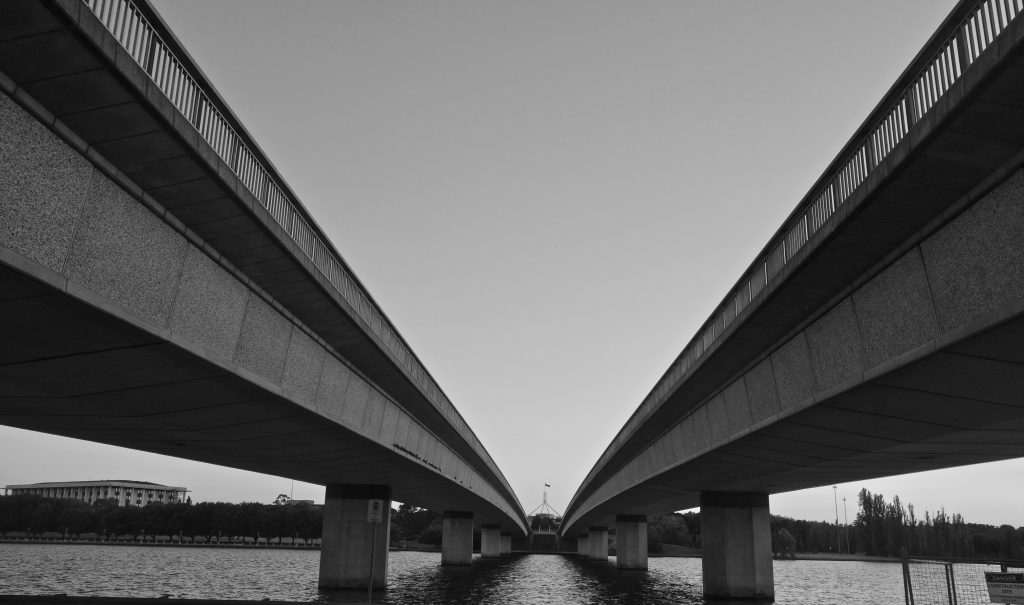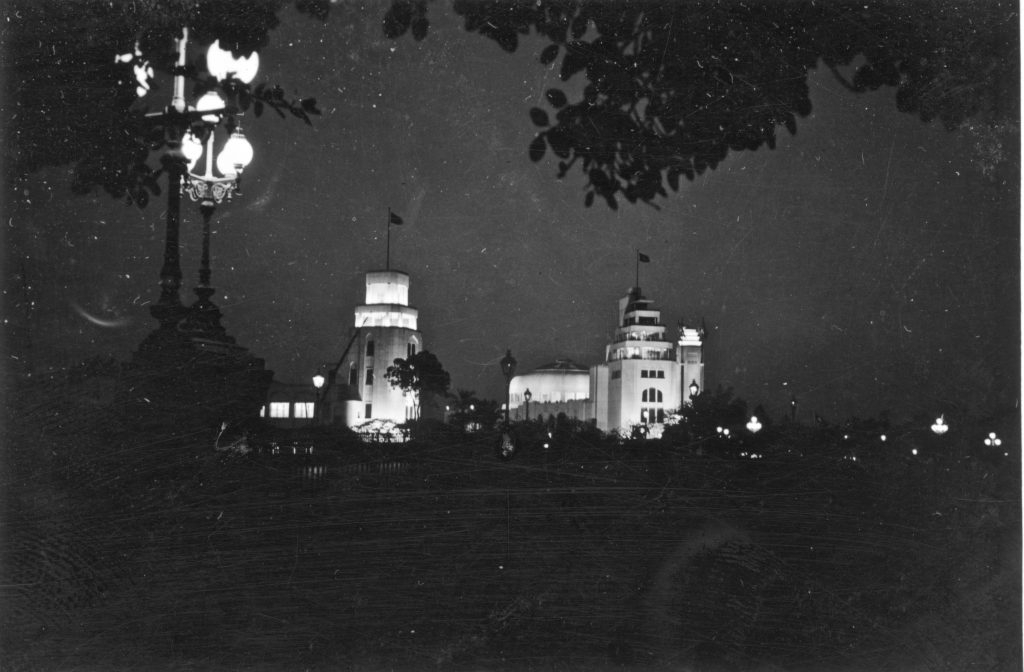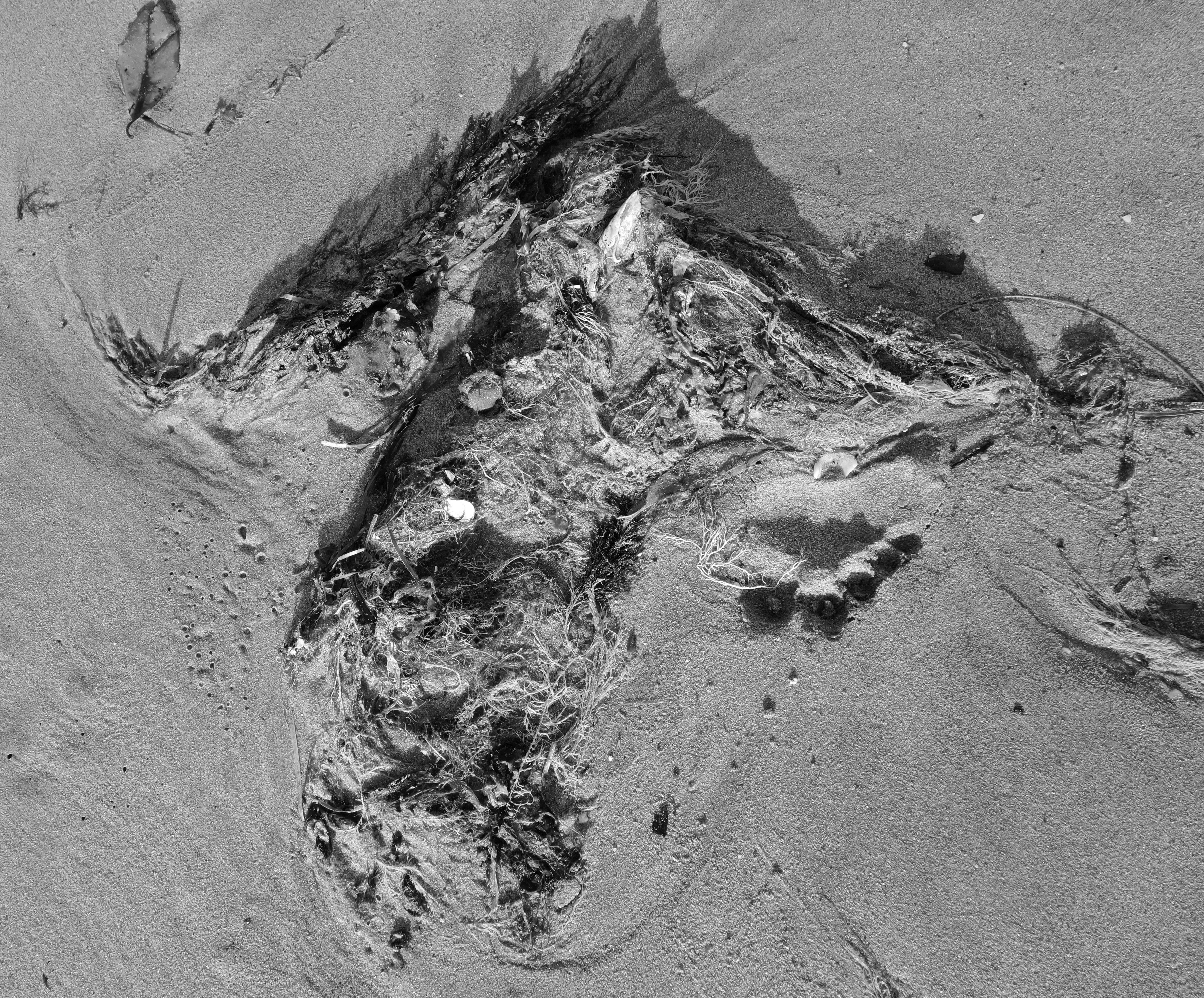I began this blog post with thoughts of showing Summer in Canberra. But it’s so grim that I abandoned the idea. As I write, 149 fires are burning up and down New South Wales, 60 of them out of control. Over the weekend our city was shrouded in smoke haze so thick we could barely make out Parliament House. And today, the second day of summer, the maximum is a strange and wintry 14 degrees, as though the weather itself is trying to cool the fiery land. So, I can’t write anything good about summer.
And now blogging is getting too hard. The spammers’ comments are dribbling in every day and I’m being prompted to pay for more spam control. This is the last straw. I’ve determined it is time to call it quits.
In 2012 I began blogging with the black and white photos I inherited from my father, a collection he had brought back from the Middle East in 1942 after 8 months’ service with the AIF. As historical photos they attracted a lot of attention and my blog attracted a few hundred followers.
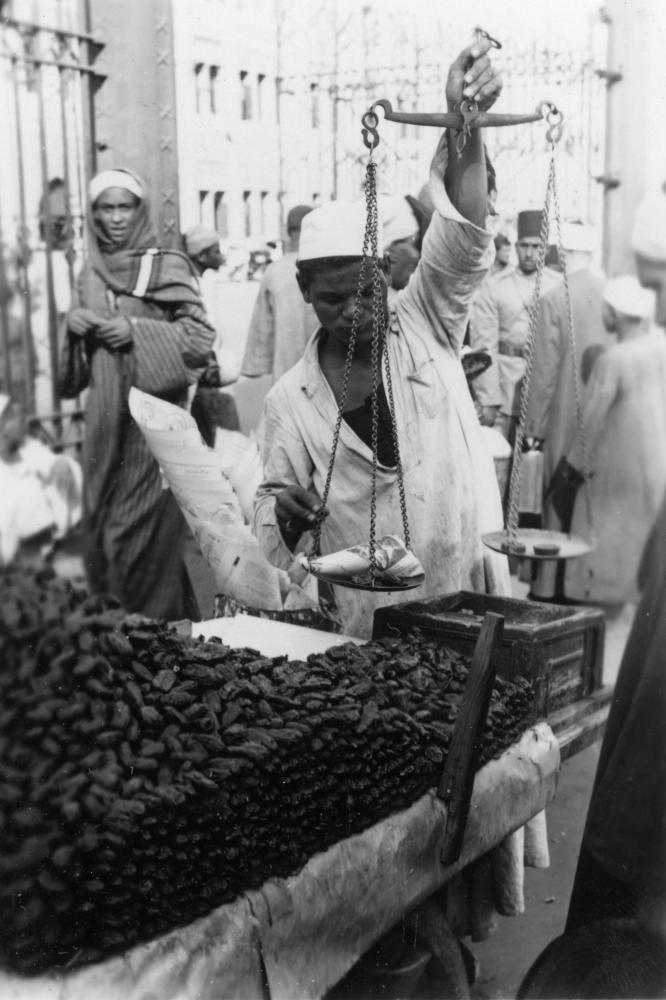
Eventually I exhausted my supply of photos and went on to write about my translations of French stories, and other interesting moments in my life.
But things changed. I grew disgruntled and jumped ship from wordpress.com and boarded a small boat I could steer myself using wordpress.org. However, readers’ interest in my blog has waned and my own interest in it is being suffocated by the numerous spam contacts and comments, including a large number of fake contacts on my list of followers. Even paying for spam control hasn’t controlled everything. I can no longer distinguish between the genuine and fake email addresses and have decided that this is the end of the road.
While I listen to the feeble hiss of this dying blog, I nonetheless admit that writing here at soundslikewish has made me a better person in a way I never planned. Researching and writing about each of the World War Two photos has expanded my knowledge of the Australian participation in the Middle East, but more importantly it has left me with a deep gratitude to all those men and women who volunteered to go, especially to my own father, Ron Bruce.
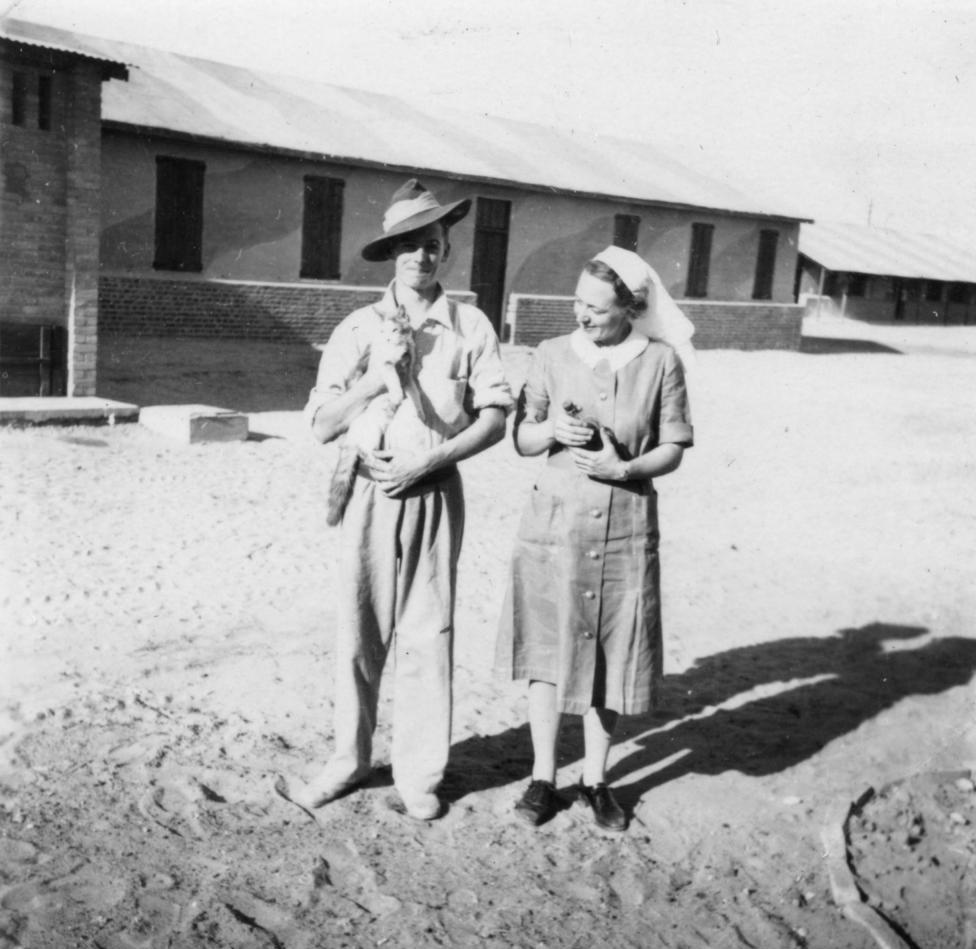
He was awarded no medals and did nothing particularly heroic. But he took and collected photos, he drew sketches and wrote poems. I don’t want to glorify him, but I do want to say that photos and drawings and writings are what give us our knowledge of history. For this I am thankful. Here he is in his slouch hat, on the left:
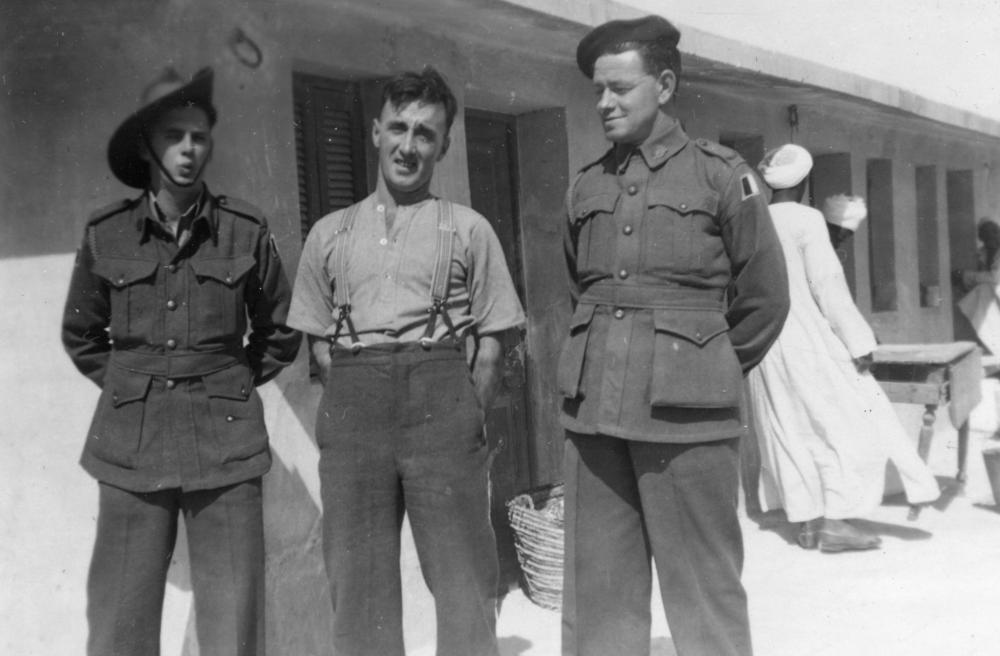
Some time ago I developed another web site for my literary translation work: patriciaworthtranslator.com. It’s where I announce every little success for my translations. I warmly welcome genuine visitors.
Thank you to everyone who has read my writing over the years and enjoyed the photos, both my father’s and my own, along with the stories and research. Though I’ll not be writing here any more, I’ll still be reading all those fantastic blogs I’ve followed over the years.
Adieu.
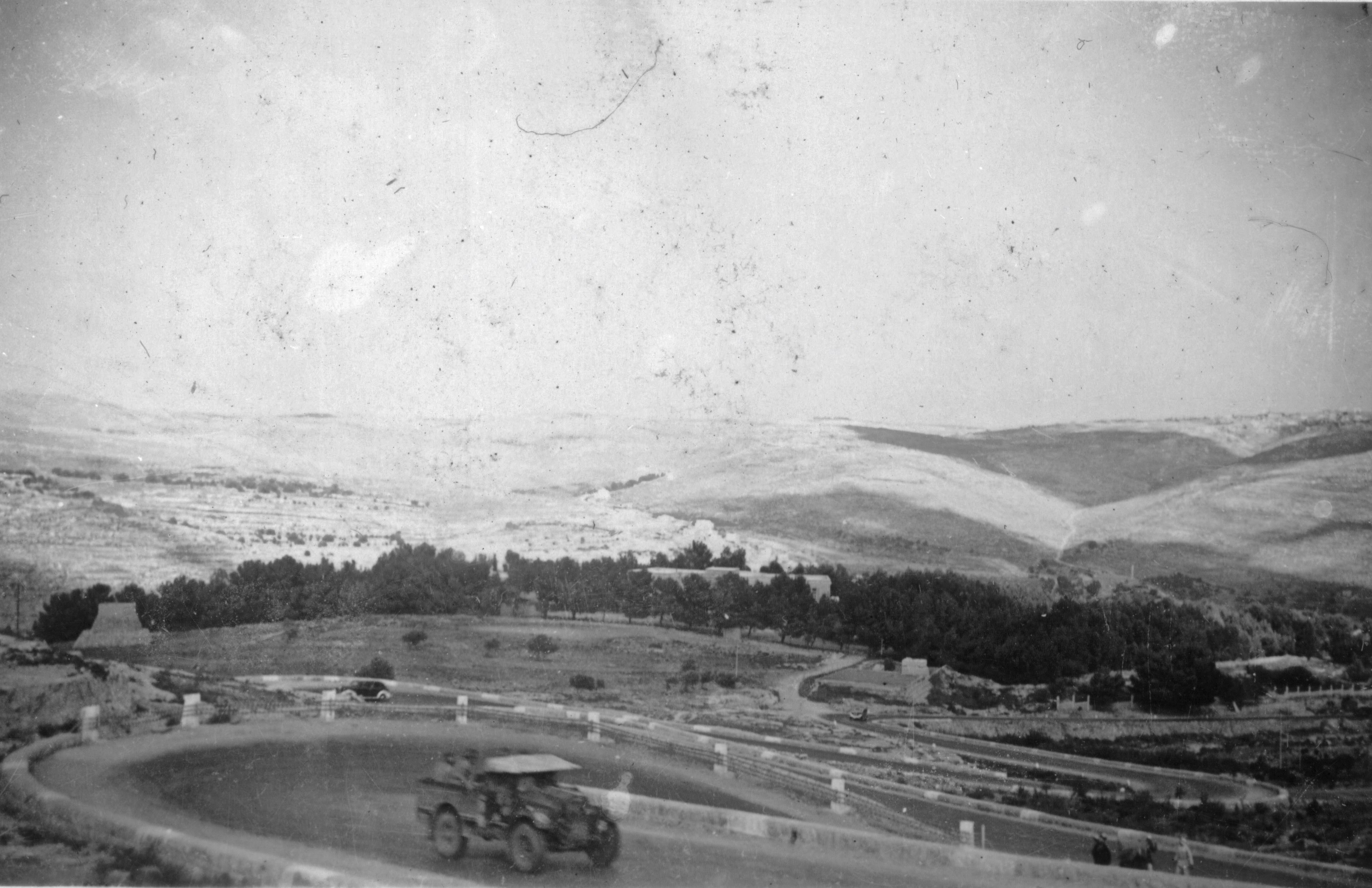
*

